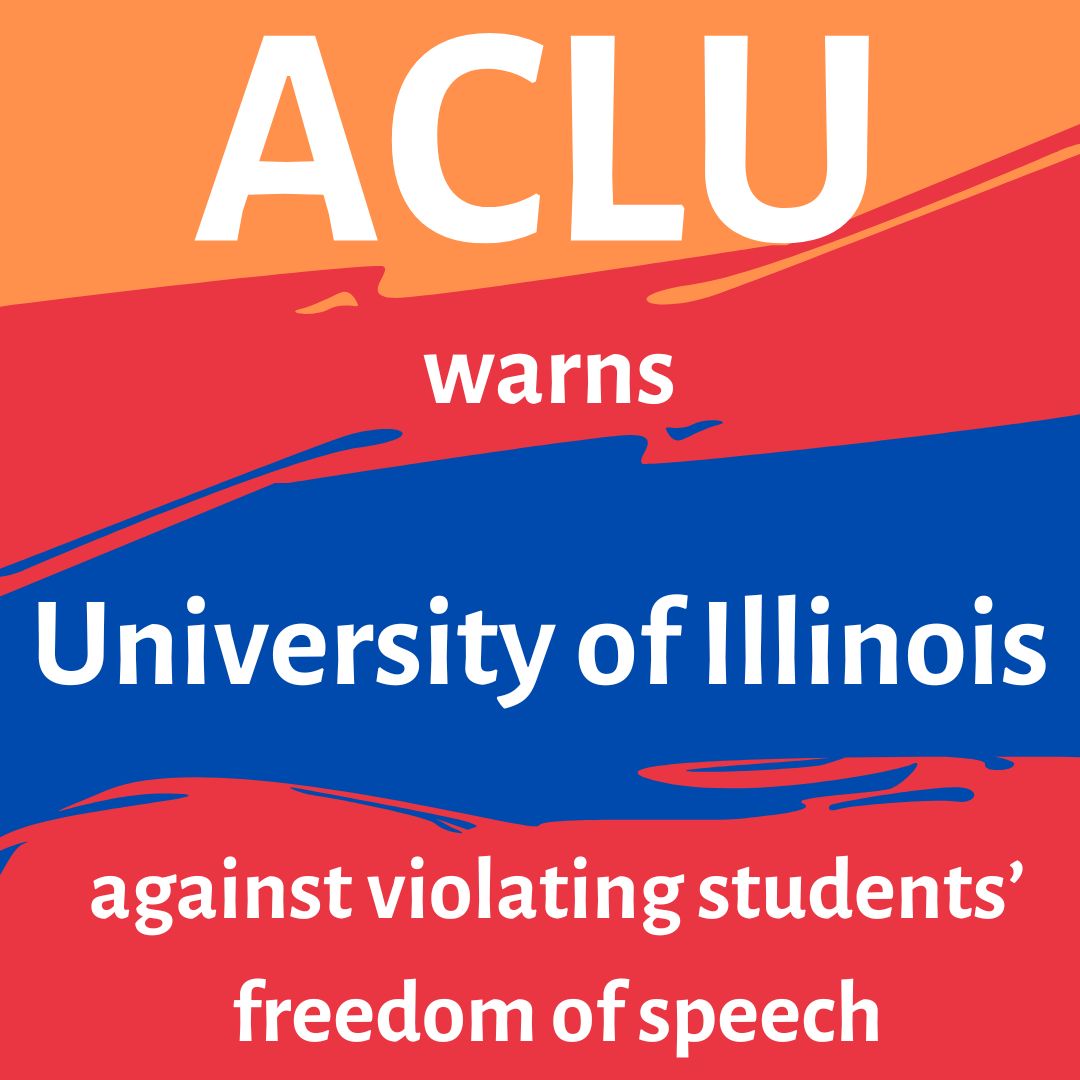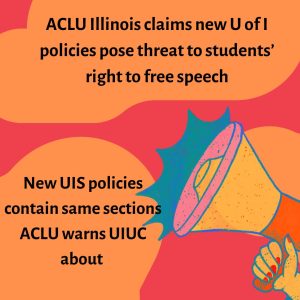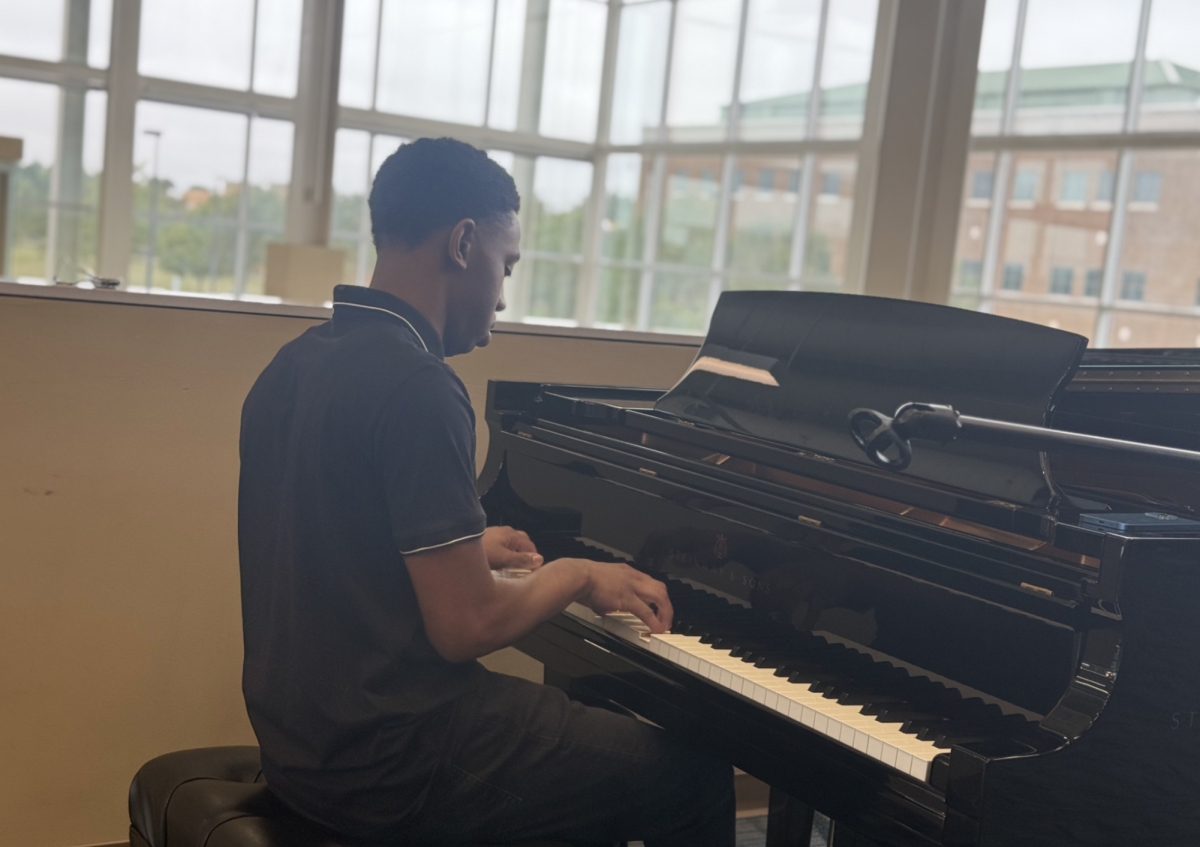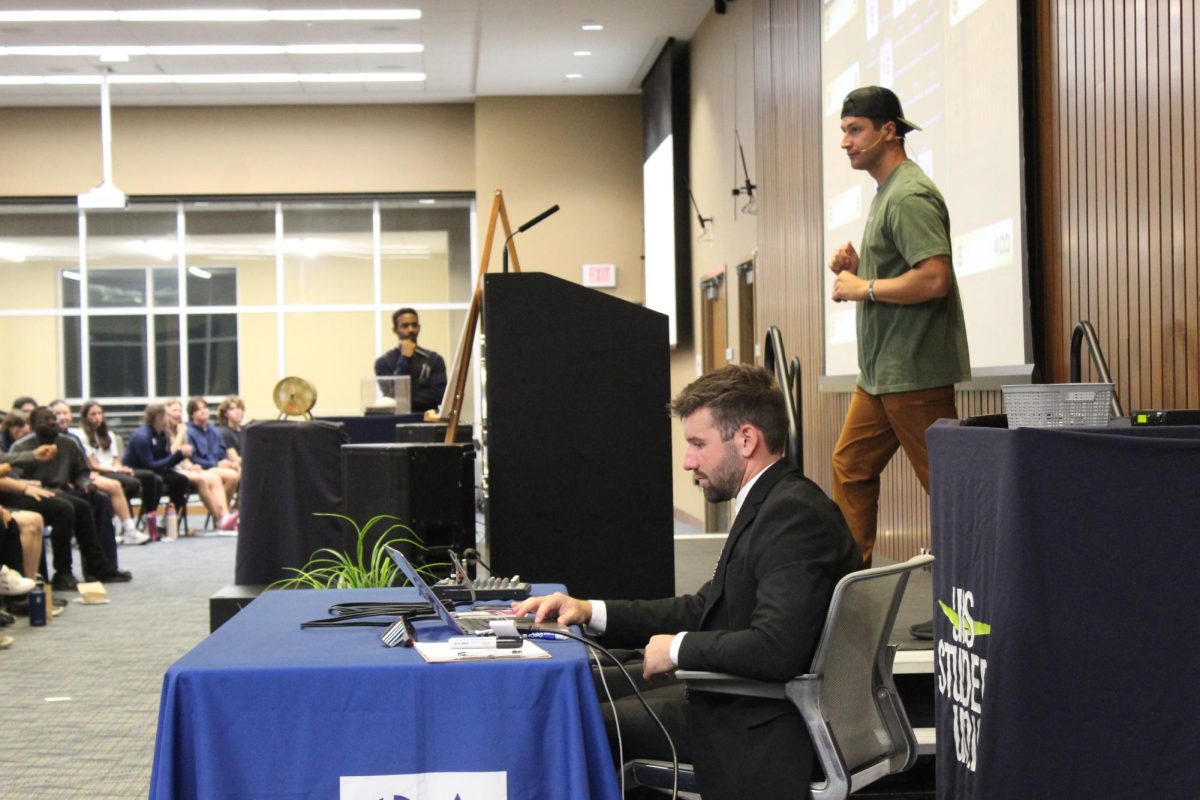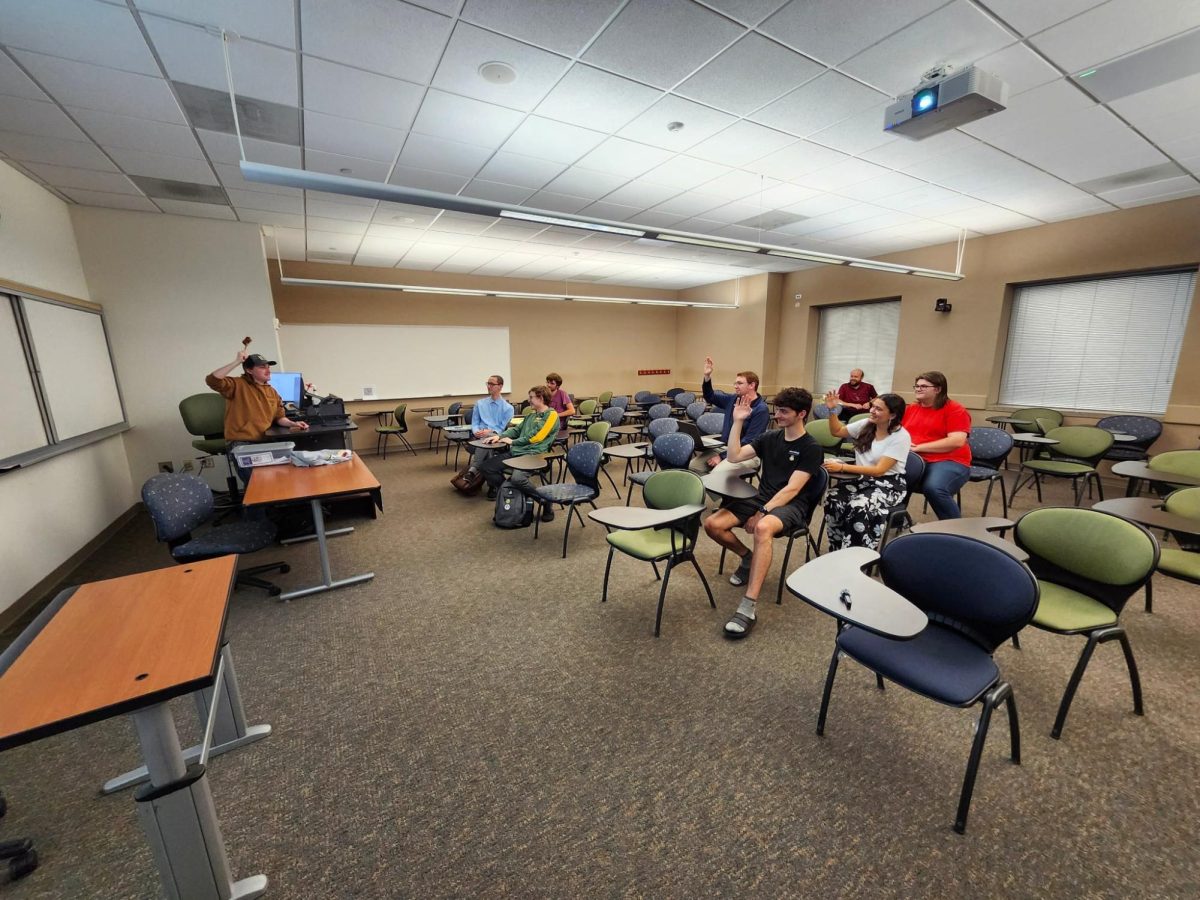On January 14, 2025, the University of Illinois at Urbana-Champaign (UIUC) received a warning letter from the American Civil Liberties Union of Illinois (ACLU Illinois), citing concerns over recent policy changes that may infringe upon students’ First Amendment rights. The ACLU contends that these modifications have fostered a repressive atmosphere on campus, potentially stifling students’ ability to freely express themselves.
ACLU’s Concerns
In the letter, ACLU Illinois referenced conversations with both students and faculty members who have expressed concerns about the evolving campus climate. According to these individuals, the new policies have created “a climate of fear and uncertainty surrounding student activism at the University of Illinois.”
As a public institution, UIUC is constitutionally obligated to uphold the First Amendment on its campus. However, ACLU Illinois argues that despite the University’s professed commitment to these rights, the recent policy changes could pose a significant threat to students’ ability to engage in free expression. The ACLU is urging the University to reverse its changes to the Expressive Activity Policy and to reconsider what they see as overly punitive actions against student protestors.
Changes to the Expressive Activity Policy
On August 21, 2024, UIUC introduced a series of changes to its Expressive Activity Policy. Just two days later, the University of Illinois Springfield (UIS) followed suit, implementing similar changes to its policies. According to ACLU Illinois, the updates to both UIUC’s and UIS’s policies unduly limit student expression, particularly when it comes to protest activities.
Prior to August 23, 2024, UIS did not have an Expressive Activity Policy. The UIS Chancellor’s office indicated that the national upsurge in campus protests motivated the recent changes to campus policy, stating the policy was created “in response to expressive activities on college campuses throughout the country.”
According to the UIS Chancellor’s office, “During a general review of existing policies related to UIS property use, it was determined that a specific policy addressing expressive activities was needed. As a result, several existing policies were consolidated into the new Expressive Activity Policy.”
One of the major points of contention in the new policy is the inclusion of a “Noise Disturbance” clause. Both campuses’ policies prohibit any expressive activity deemed to cause a “Noise Disturbance,” with “disturbance” defined as sound levels reaching or exceeding 85 decibels. The ACLU notes that 85 decibels is equivalent to the noise level of a loud restaurant or hotel lobby—far too restrictive for any large-scale protest. ACLU Illinois argues that this makes it “nearly impossible” for students to use normal amplified sound to effectively lead a protest.
Additionally, the letter criticizes new regulations around posting materials, handheld signs, and chalking—activities traditionally associated with protest movements. The ACLU describes these as “arbitrary and onerous bureaucratic obstacles” that burden students who are trying to exercise their rights to free speech.
What Sparked the ACLU’s Intervention?
The ACLU’s warning comes on the heels of controversial actions by UIUC that many perceive as an attempt to silence student protest. In August 2024, just days before the new Expressive Activity Policy went into effect, UIUC issued a termination notice to the campus chapter of Students for Justice in Palestine (SJP). The termination cited the group’s encampment on campus as a violation of university policy against unapproved structures. This move was widely reported, including by the Daily Illini, the student-run newspaper.
ACLU Illinois also points to punitive measures taken against students associated with SJP but who were not involved in the protest. The letter alleges that these actions collectively punish students based on their affiliations or views, which ACLU argues is a clear violation of the First Amendment. Furthermore, the letter criticizes UIUC’s demand for mandatory “training” for SJP leadership and members, a move that the ACLU calls “excessive and unconstitutional.”
Another case that raised concerns occurred after the new Noise Disturbance policy was enforced. On September 27, 2024, the Students for Environmental Concerns (SECS), the oldest and largest environmental group at UIUC, held a protest that was cited for violating the noise policy. ACLU Illinois argues that SECS had conducted similar demonstrations for over a decade without issue, and that the new disciplinary actions, including placing students on “disruptive academic hold,” were unwarranted.
Student Fear and Retaliation
In addition to criticizing specific policy changes, the ACLU report highlights the broader chilling effect these actions may have on student activism. Several student groups, including SECS, have expressed concern that the University’s disciplinary measures and potential retaliation are discouraging student protests. Leaders of these organizations worry about further punitive actions and are reportedly altering their protest plans to avoid running afoul of the administration.
A Broader Trend
The ACLU Illinois letter frames these developments within a larger, national context of universities tightening control over student protest movements. As the political climate in the U.S. becomes increasingly polarized, the ACLU warns that more student protests are likely in the coming years. The organization urges UIUC to reverse the recent changes and work collaboratively with students to protect First Amendment rights on campus.
What’s Next?
The ACLU’s letter calls on UIUC to reconsider its policies and adopt a more supportive approach to student expression. As universities across the country grapple with similar issues, the ACLU stresses that UIUC must act swiftly to avoid further stifling student speech and activism. With the political climate only growing more contentious, student voices will play an essential role in shaping the future of democratic discourse, both on campus and beyond.

